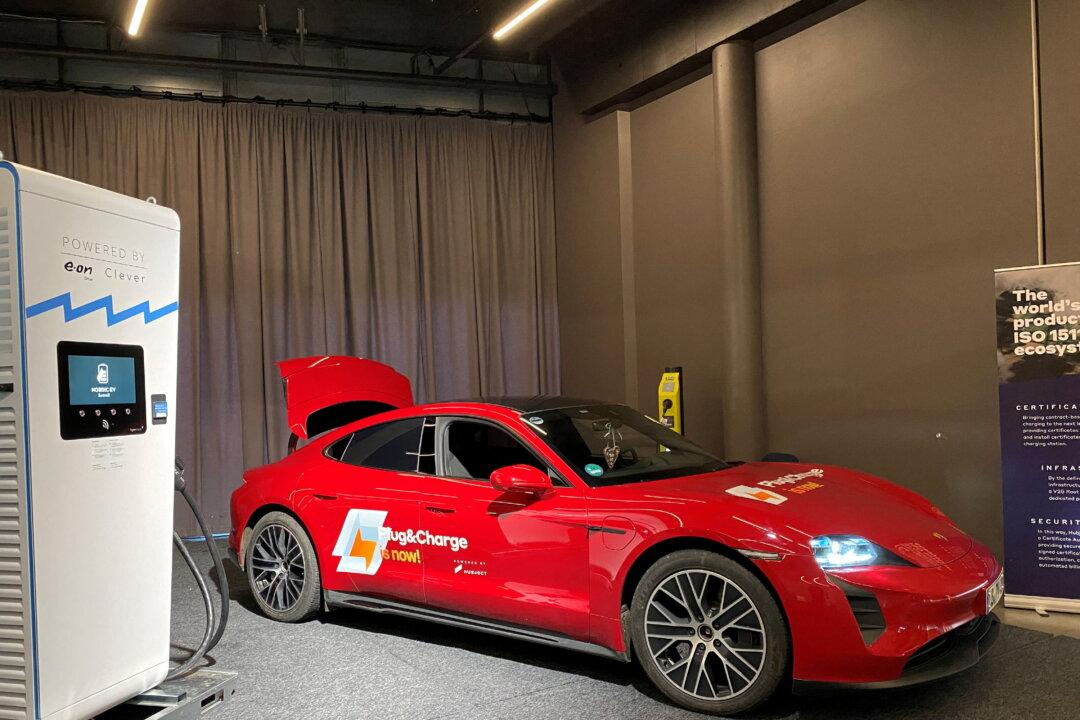Porsche’s first-quarter sales declined by 5 percent as the company struggled with the resurgence of the COVID-19 pandemic in certain parts of the world and persistent supply chain issues.
During the January–March 2022 period, Porsche sold 68,426 vehicles worldwide as compared to 71,986 vehicles during the same period last year, according to an April 14 news release by the company. However, the decline was not uniform globally. In Europe, sales rose by 18 percent, driven by German demand rising by 16 percent.





